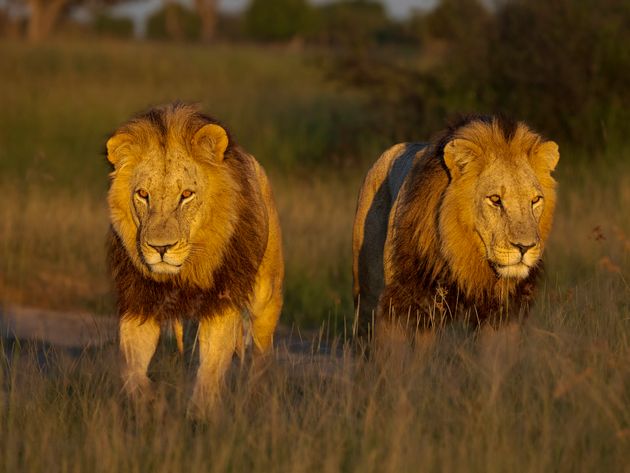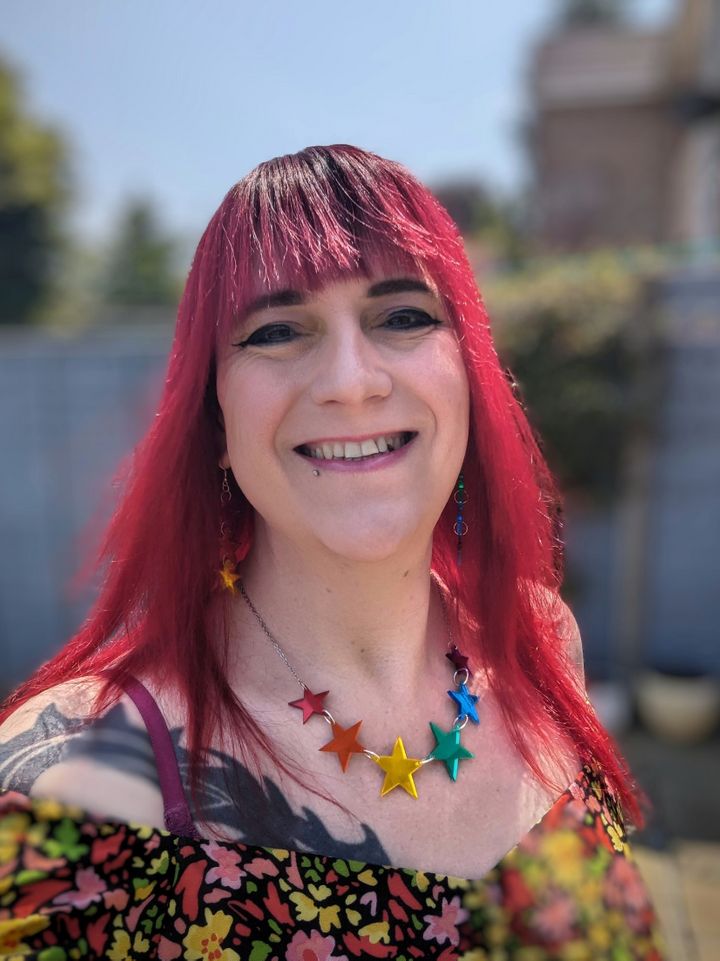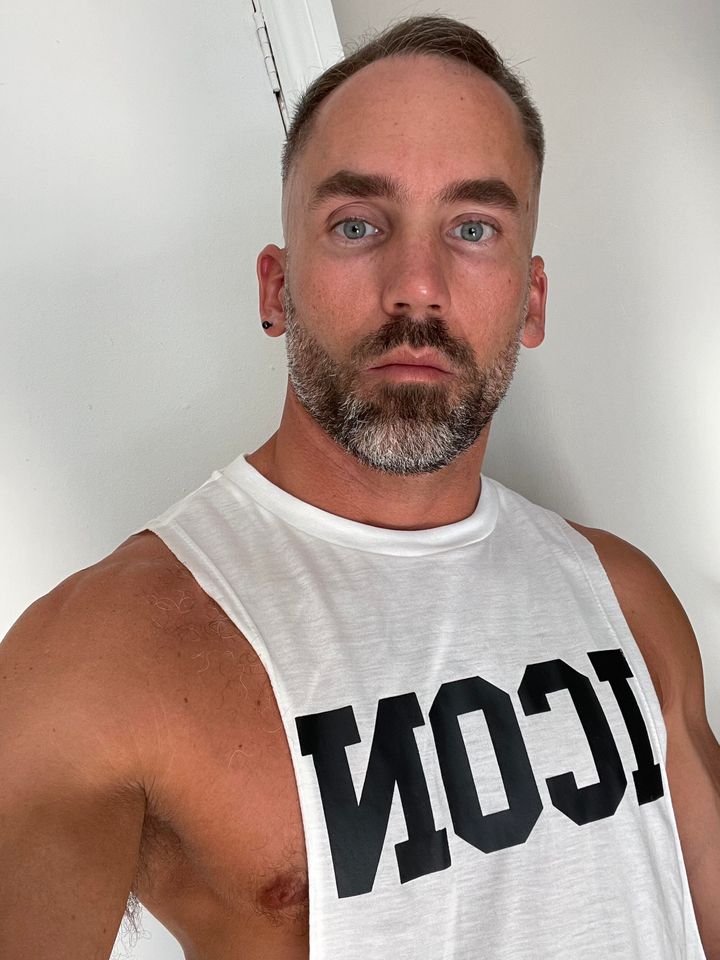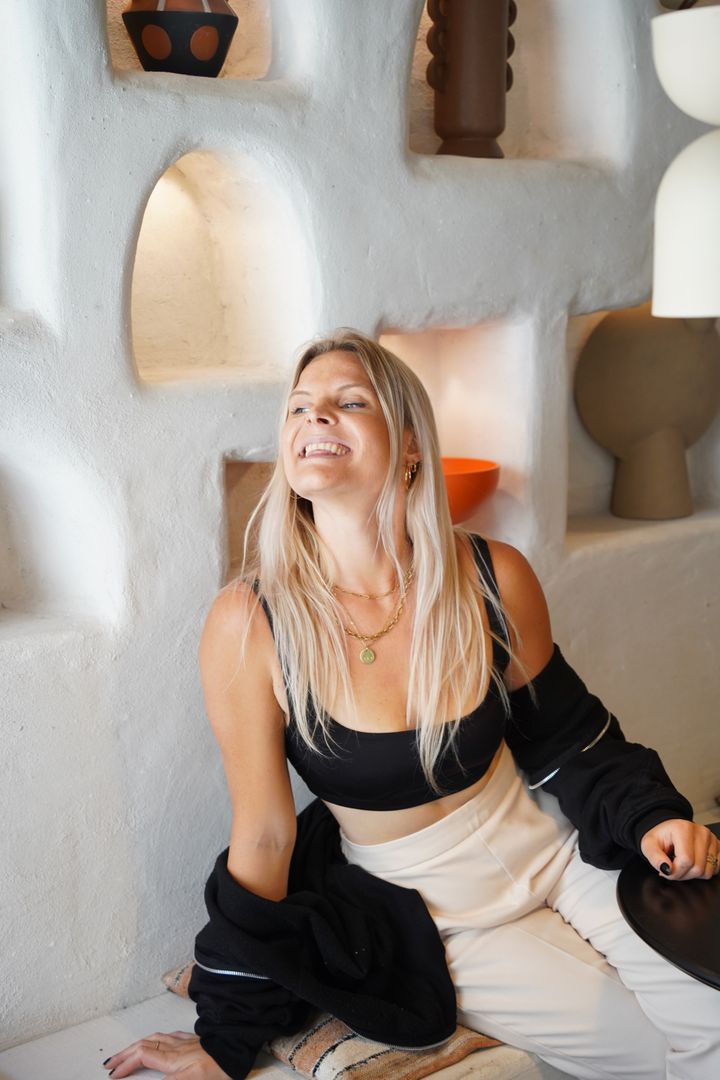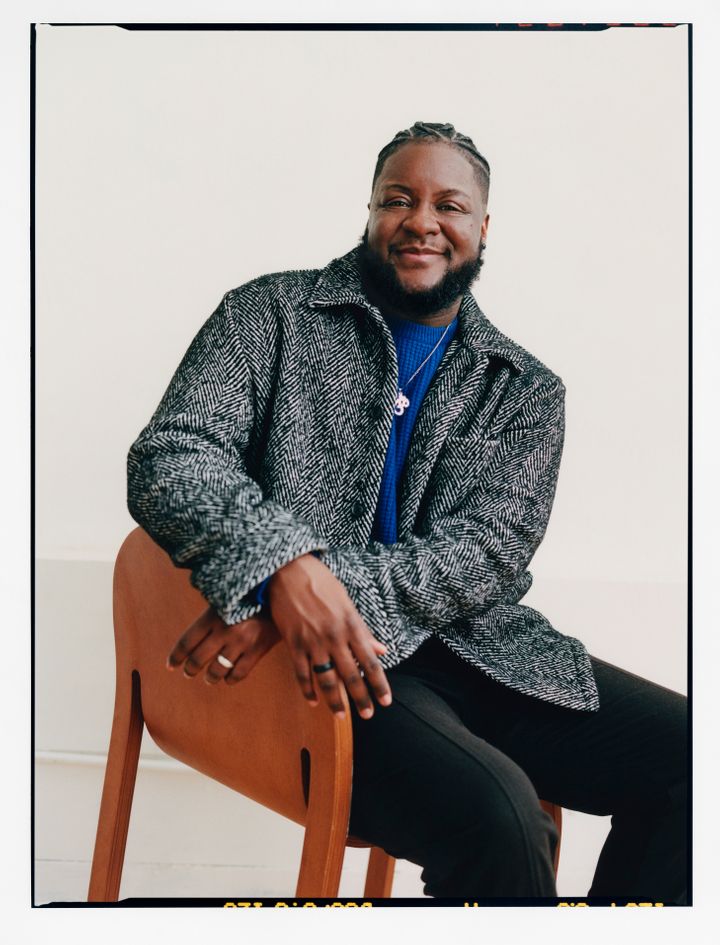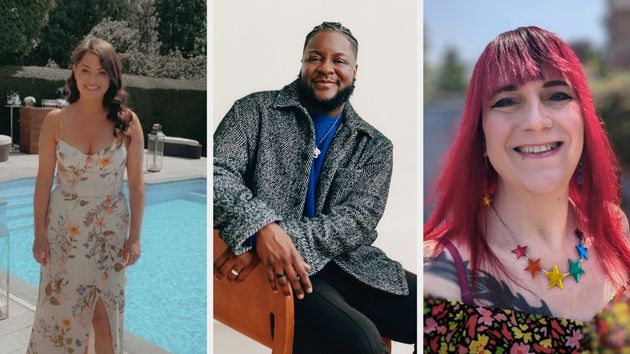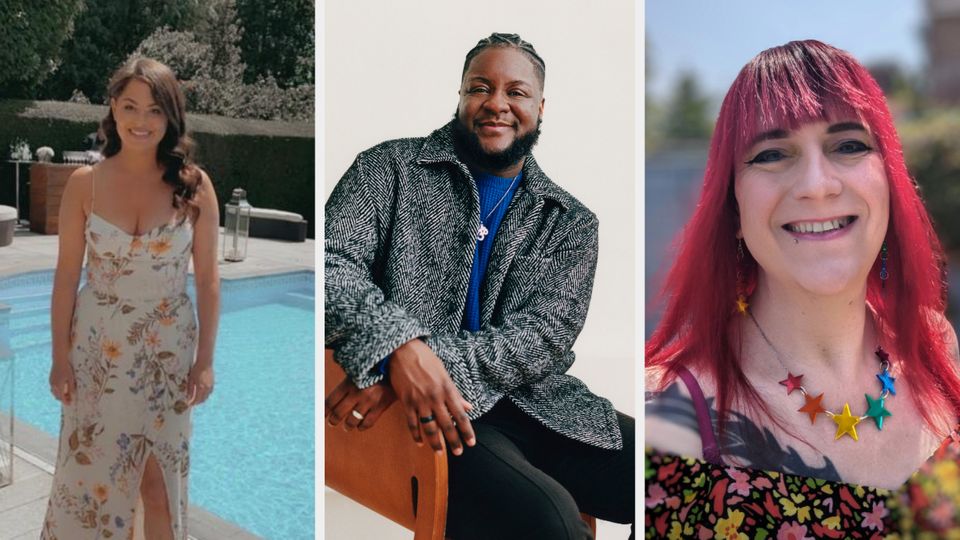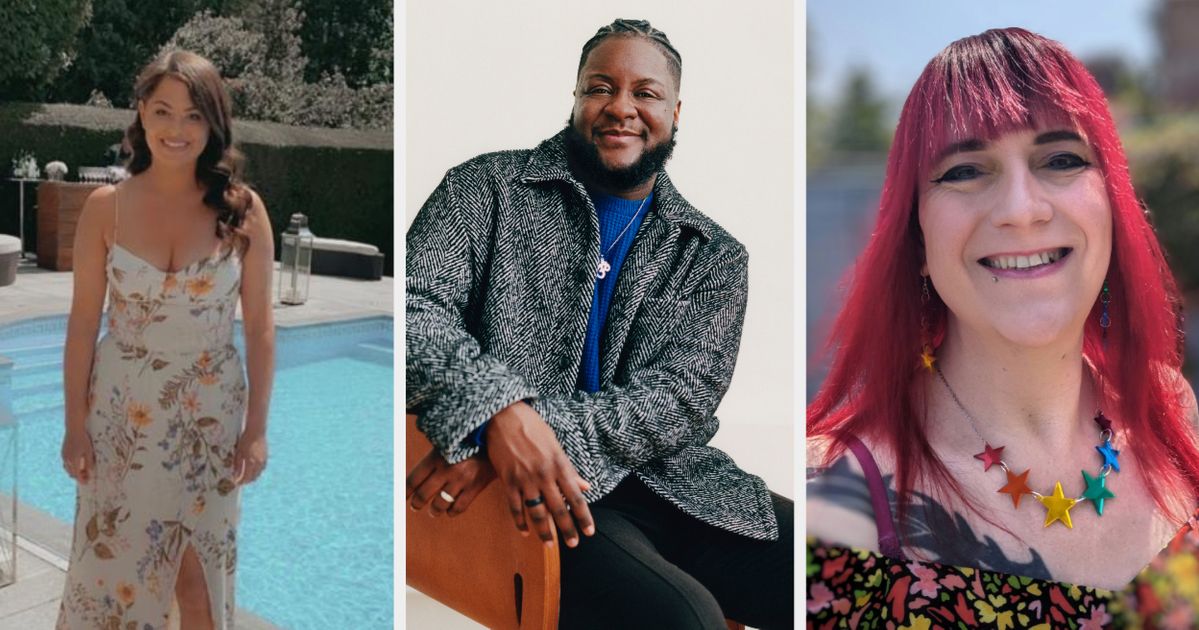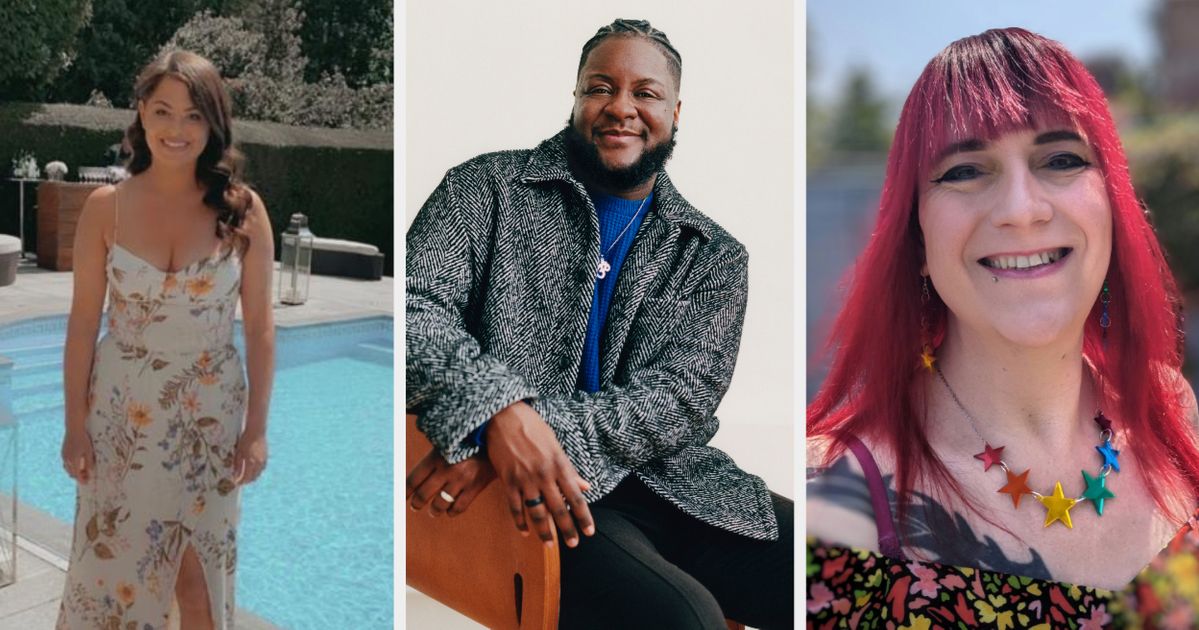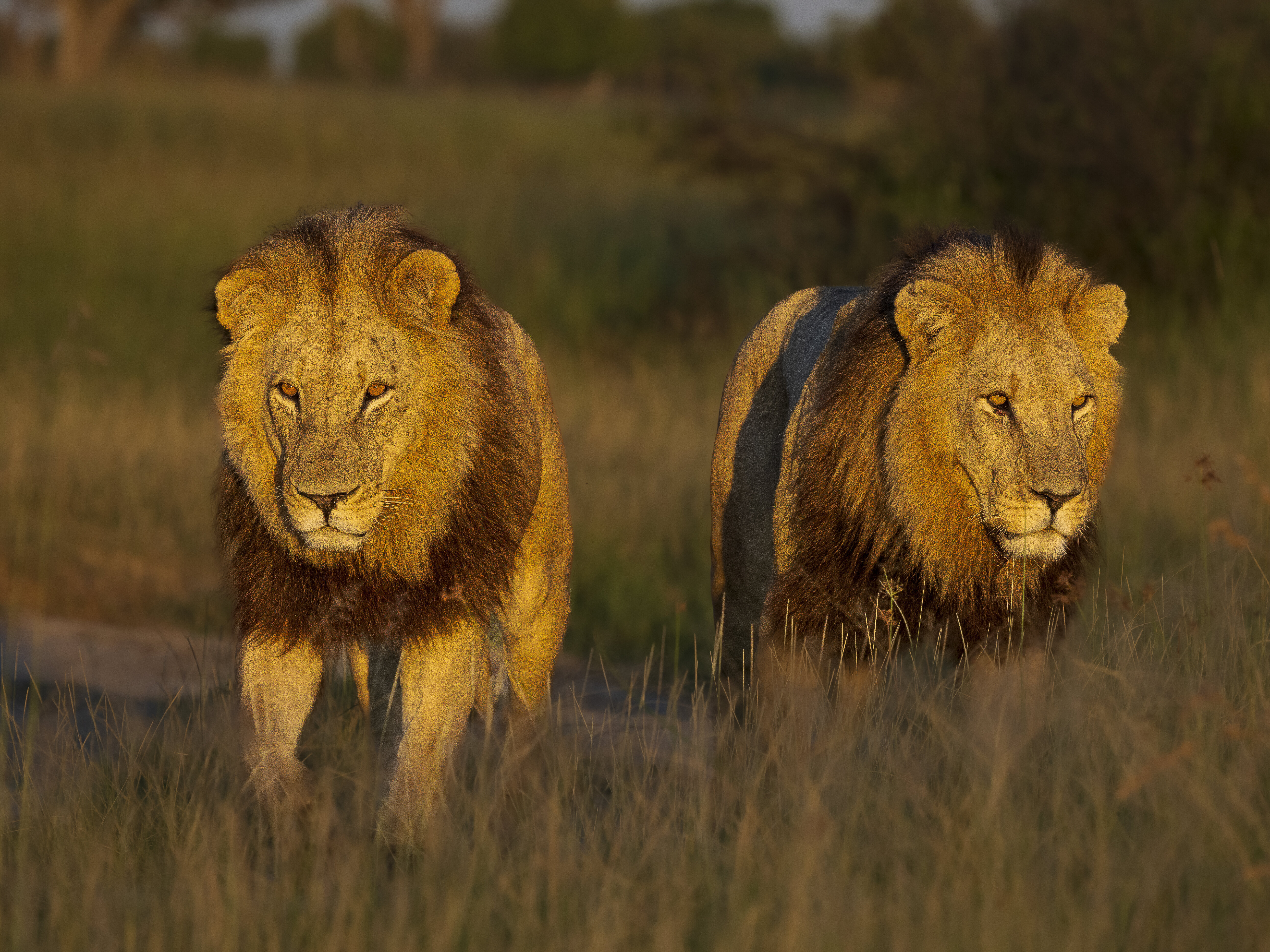
We’ve recently written about how many members of Gen Z are LGBT+ (spoiler alert; it’s a lot). And a recent study recently showed that same-sex attraction is far from limited to humans; lots (like, up to 80% in some cases) of animals are sexually fluid, too.
The project examined all the existing research on same-sex activity among animals. It was led by scientists at Estación Experimental de Zonas Áridas in Spain ― they created a database of all the studies’ conclusions.
Advertisement
So, what did they find?
They discovered that same-sex sexual activity has been recorded in 1,500 animal species, from birds to bees (literally).
Mammals were much more likely to be recorded as engaging with gay sex than other species (about 4%), with non-human primates particularly likely to display homosexual behaviour ― “it has been observed in at least 51 species from lemurs to apes,” they say.
That’s likely an underrepresentation of actual homosexual activities, the researchers add.
“This figure is probably underestimating the actual prevalence of same-sex sexual behaviour in mammals, since this behaviour has attracted the attention of behavioural ecologists and evolutionary biologists only recently,” they say ― and there’s already a research bias towards mammals over other animals, which could explain some of the discrepancies.
In fact, longer-term studies find that homosexual activity occurred in 80% of the mammal population ― the more you observe the animals, it seems, the more sexually fluid they prove themselves to be.
Advertisement
Those who performed same-gender sex acts commonly displayed activities like courtship, mounting, genital contact, copulation and pair bonding ― mounting and genital contact were the most common acts (87% of the same-sex sexual acts in their dataset).
OK, but ― why?
Because it doesn’t help to further the population, same-sex activity among animals is considered an “evolutionary conundrum” and a “Darwinian paradox,” the researchers say.
Of course, lots of the animals who engaged with same-sex sexual activity also had sex with a different gender. And our conception of “homosexual” and heterosexual” is just that ― our human conception.
“Same-sex sexual behaviour as it is used here does not denote sexual orientation (ie an overall pattern of sexual attraction/arousal over time), sexual orientation identity (the sexual orientation that individuals perceive themselves to have), categories of sexual beings (homosexuals, heterosexuals, etc), nor sexual preference,” the researchers say.
They warned that their findings shouldn’t be used to analyse homosexuality in humans ― they’re different.
Advertisement
With that said, a lot of the studies that the researchers looked at suggested homosexual activity in animals could have an adaptive role “in maintaining social relationships and mitigating conflict.”
Part of the reason they think this is because homosexual behaviour has evolved in so many species in similar environments, suggesting it has benefits for those in their circumstances.
They also found that “The prevalence of same-sex sexual behaviour was also associated with adulticide [grown adults of a species killing other adults of the same species], but only for males.”
But the researchers don’t think this disproves the theory that same-sex activity is used to calm conflict ― in fact, they think it confirms it.
That’s because if animals usually engage in homosexual activity during times of violence, it’s more likely that violent results will be associated with the act.
Advertisement
“Because the association was more intense in males than in females, we presume that adulticide was a stronger force triggering the evolution of same-sex sexual behaviour in males. If this hypothesis is confirmed, it seems that same-sex sexual behaviour mitigates rather than negates adulticide, as there are still many species that commit this type of aggressive behaviour,” they say.
The authors of the study added that the field is under-researched, and more study is needed. In the meantime, though ― that’s pretty interesting, right?

